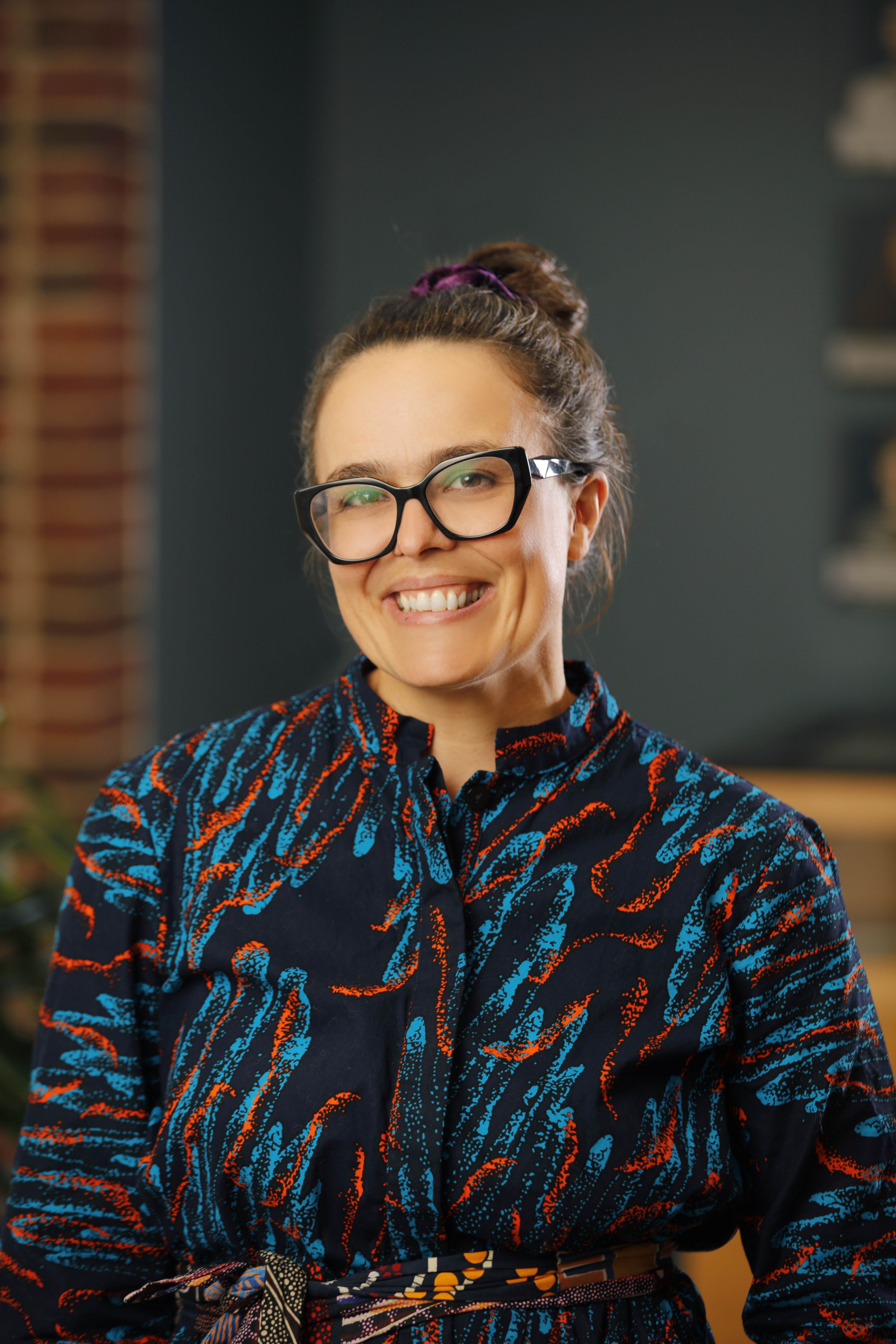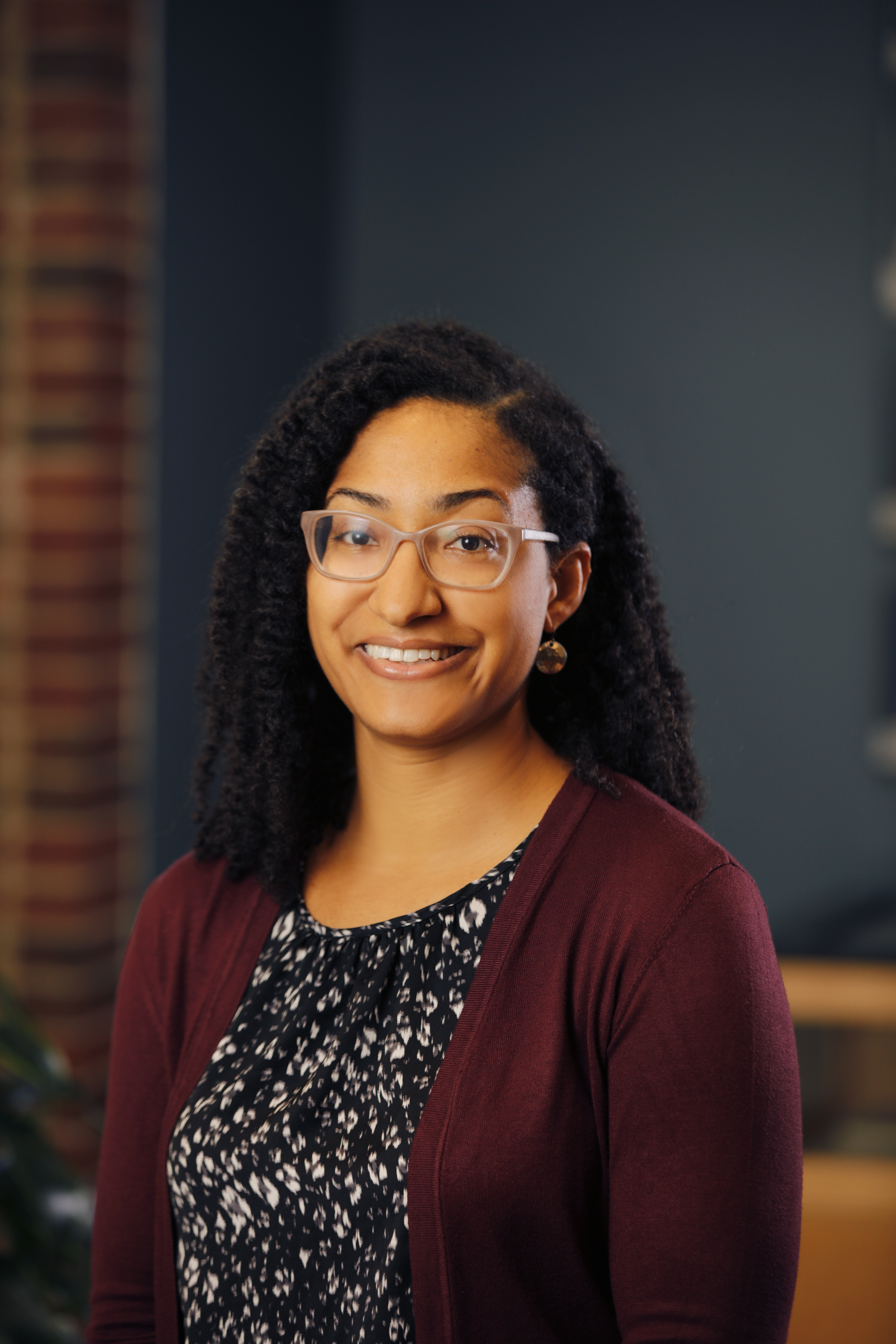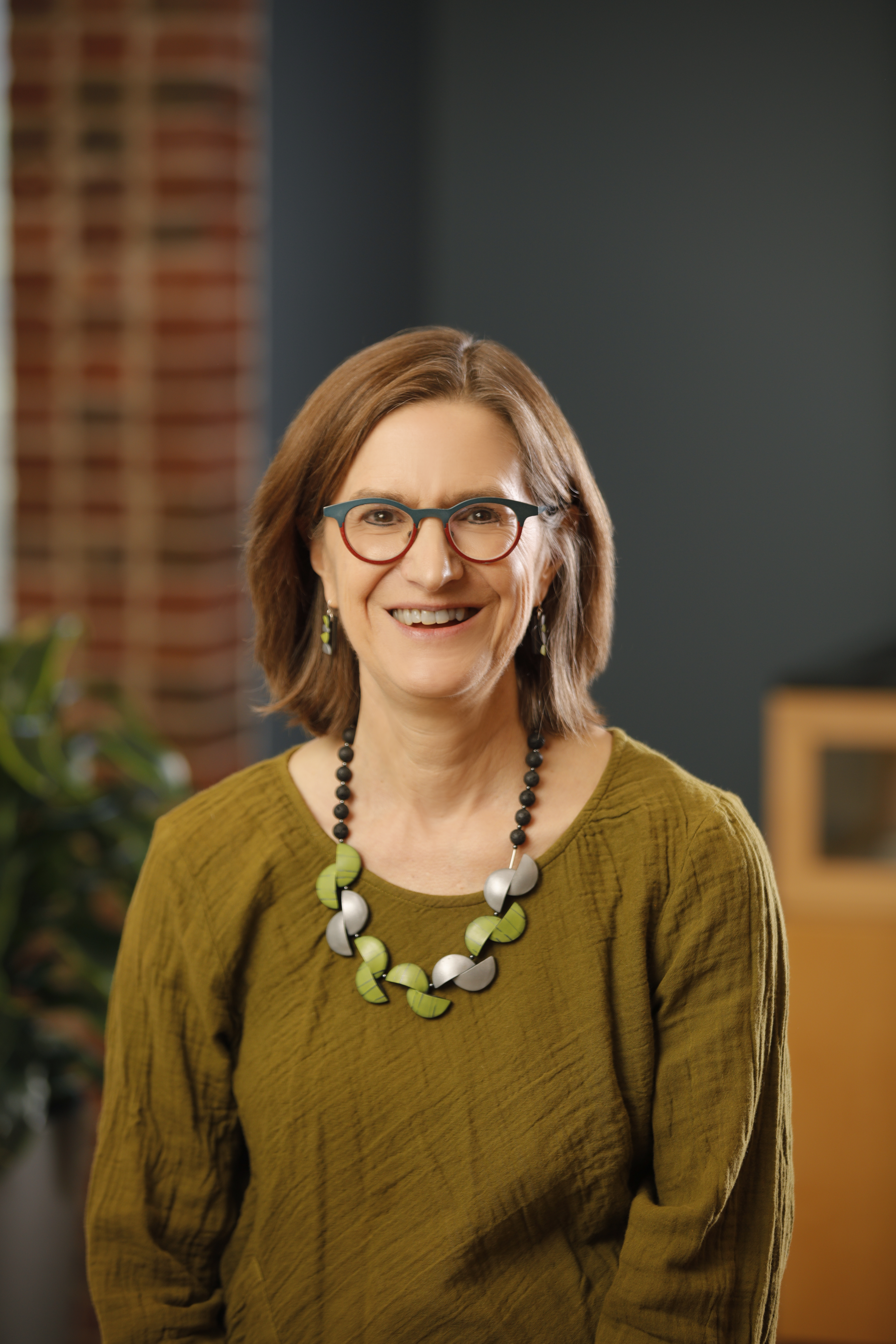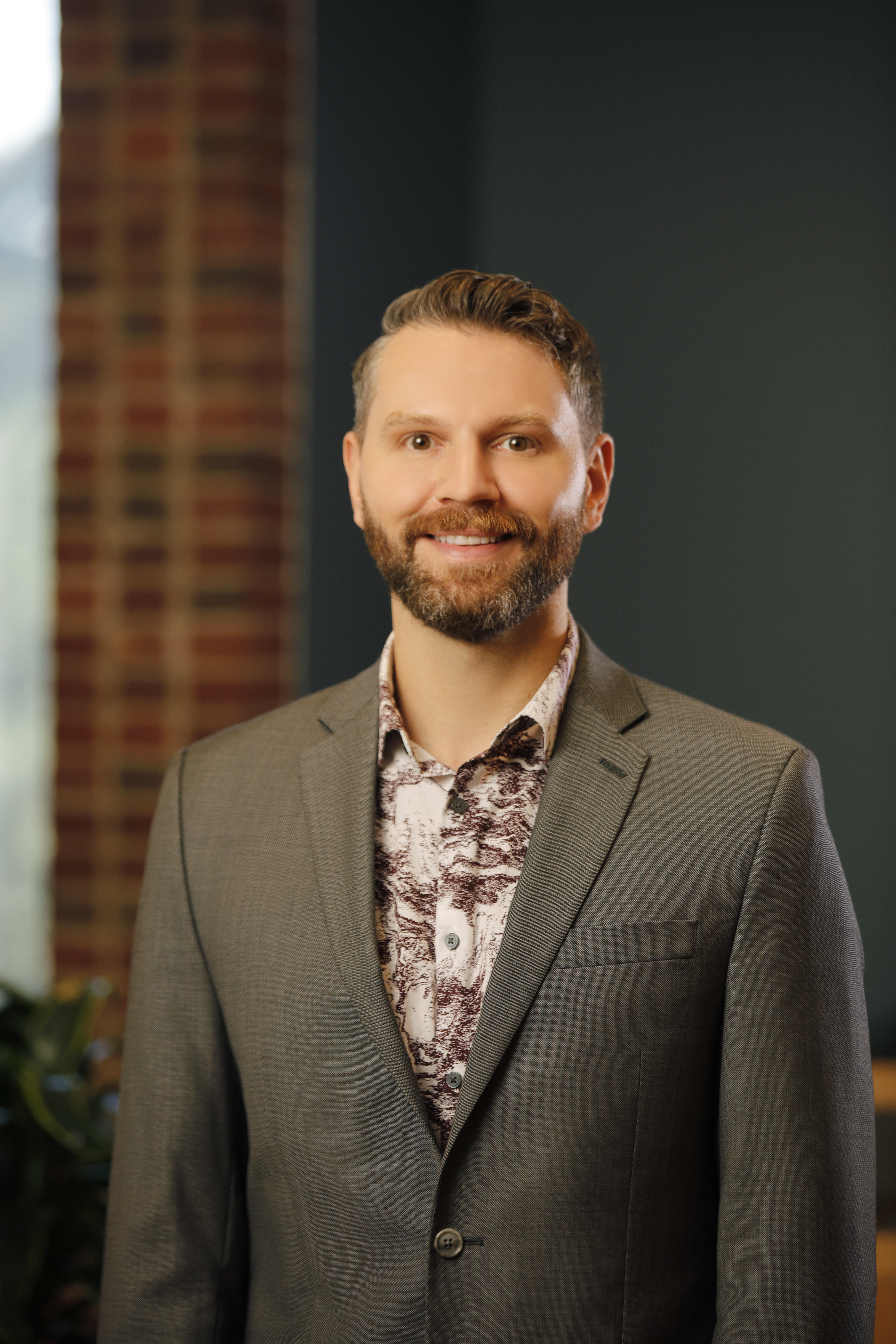Our Current Fellows
Internal Fellows
 Lisa Cerami (spring 2026)
Lisa Cerami (spring 2026)
Assistant Professor of Instruction, Modern Languages and Cultures
Lisa Cerami is an Assistant Professor of Instruction of German and Assistant Professor of Research in the Department of Modern Languages and Cultures. She is also an affiliate faculty in Jewish Studies.
Her research and teaching engage with questions pertaining to comparative literary analysis, theory, and history, specifically: Jewish-German cultural history, feminist theory and perspectives, and representations of German / European revolutionary movements and war, as well as the social, intellectual and political conditions of the modern university, scholarship, and the disciplines.
Unrelated to current research and teaching but certainly generative, Cerami’s dissertation contended with the discourse of mysticism at the turn of the twentieth century in German media, and the secularized notions of unity that undergirded political, social and aesthetic trends in Germany around 1900, simultaneously modernist and medieval. Her interest in medievalism – a retrospective preoccupation with the so-called “Middle Ages” beginning in the nineteenth century, which constitutes our popular understanding of pre-Renaissance Europe today – crucially informs her writing and classes on diverse topics like fairy tales and the Golam legend, as well as modern ideological formations like anti-Semitism, the focus of her Spring 2026 fellowship.
Tentatively entitled On Anti-Semitic Tropes, Cerami’s current project emerges from a set of inquires that served as the basis for a Fall 2024 course called Modern Anti-Semitism in Germany: What are tropes, and what are anti-Semitic tropes specifically? Reference works cite the word trope as a Greek import meaning “to twist, to turn” with words. In the modern period, trope more commonly refers to a narrative or literary convention. Trope as figural “twisting” is historically distant, but suggests at least that a trope does something as language, lost in the contemporary sense of trope as conventional narrative form. Anti-Semitic trope is even more obscure. Despite proliferating research on the origins, history or contemporary danger of anti-Semitism, and on the discursive histories of select anti-Semitic tropes, few scholars have sought to understand the semiotics of these dehumanizing figurations of Jews and how these, as performative or representational utterances, work, both historically and today.
 Melanie Chambliss (fall 2025)
Melanie Chambliss (fall 2025)
Assistant Professor, History
Melanie Chambliss is an assistant professor of history at the University of Rochester where she specializes in African American and U.S. intellectual history. She has taught courses on pre-and post-emancipation Black history and culture, critical archival studies, and the afterlives of slavery. In her research and teaching, she aims to place historically marginalized communities at the center of twenty-first century knowledge production.
Chambliss will be completing her manuscript History in the Making: Black Libraries and Black Archival Agency (under contract with the University of Pennsylvania Press) during her Humanities Center fellowship. History in the Making examines how institutionalized Black collections helped to forge and fracture historical authority during the early twentieth century. These collections offered accessible evidence of Black accomplishment and humanity, and students, scholars, artists, and lay intellectuals all used these resources to form new ideas and identities for themselves, which splintered any hope of a master narrative.
Chambliss’s research has been supported by the American Council of Learned Societies, the Institute for Citizens and Scholars, the Ford Foundation, and the Black Metropolis Research Consortium. Her work has been published in the Journal of African American History, the African American Review, and the edited collection The Unfinished Book. Chambliss also serves as a Scholar Editor for the planning grant, “Remaking the World of Arturo Schomburg.” This grant supports the launch of a pilot digital edition about Afro-Puerto Rican bibliophile Arturo Schomburg’s life and work.
 Vialcary Crisóstomo Tejada (fall 2025)
Vialcary Crisóstomo Tejada (fall 2025)
Assistant Professor, Modern Languages & Cultures
Vialcary Crisóstomo Tejada is an Assistant Professor of Spanish and Comparative Literature at the University of Rochester. She received her Ph.D. in Latin American and Caribbean Literature and Cultures from the University of Connecticut. Her areas of specialization include Afro-Caribbean Studies, Latinx Studies, Latin American Literature, Decolonial Feminism, and Women’s, Gender, and Sexuality Studies. She is currently working on her first book, titled Spaces of Resistance, in which she analyzes representations of Black and gender non-binary bodies in feminist Caribbean literature as contestations to hegemonic notions of race, gender, sexuality, and the naturalizing effects of space endorsed by the State. The monograph dialogues with notions of cimarronaje (marronage) and proposes a relational and collective conception of identity. Her second research project focuses on Black and feminist collectives in the Caribbean, Abya Yala, and its diasporas. She is also the vice president of the Caribbean Philosophical Association.
 Laura Smoller (spring 2026)
Laura Smoller (spring 2026)
Professor, History
Laura Ackerman Smoller is professor of history at the University of Rochester and has previously taught at Stanford University and the University of Arkansas at Little Rock. Her research has focused on areas of intersection between magic, science, and religion in medieval and Renaissance Europe, centering around two major themes: astrology and apocalyptic prophecy, and saints and miracles. Her first book, History, Prophecy, and the Stars: The Christian Astrology of Pierre d’Ailly, 1350-1420 (Princeton University Press, 1994), explores a French cardinal’s use of astrology to investigate the time of the world’s End. Smoller argues that d’Ailly, worried about intractable papal Schism and hoping that a church council could bring the crisis to an end, turned to astrology as a way to silence the numerous forces that saw the division in the church as a preamble to Antichrist’s reign and thus, by implication, incapable of resolution by human efforts. Her second book, The Saint and the Chopped-Up Baby: The Cult of Vincent Ferrer in Medieval and Early Modern Europe (Cornell University Press, 2014), examines the canonization and cult of the Valencian friar Vincent Ferrer, a fiery apocalyptic preacher of the Schism years who died in 1419 and was canonized in 1455, tracing the various meanings of the saint from the moment of his death in Brittany to his appropriation by Dominican friars in Spain’s New World colonies. In 2016, the book was awarded the La corónica International Book Award for the best monograph published on medieval Hispanic languages, literatures, and cultures. In a subsequent series of papers, articles, and book chapters focusing on the cults of Vincent Ferrer and Bernardino of Siena, Smoller explores the connections between sanctity, mendicant reform, clerical celibacy, and tales of the demonic in the fifteenth century and beyond.
Most recently, Smoller has returned to the interrelationships between astrology and prophecy in a new project, tentatively titled “Astrology and the Sibyls,” an investigation of ways of knowing the future ranging from around 1100 to around 1500; she’ll be drafting portions of that book during her Humanities Center Fellowship. The study centers on a set of conversations in which astrology and prophecy were either carefully distinguished or were completely conflated and in which the stakes in forecasting the future were particularly high. Scholars have long assumed that astrology and prophecy were two different ways of knowing, one based upon natural observations and the other derived from supernatural inspiration. Yet those who deliberately merged natural and supernatural knowledge, Smoller contends, helped give rise to new attitudes about nature that marked the Scientific Revolution.
Smoller’s research has previously been supported by fellowships from the National Endowment for the Humanities and the John Simon Guggenheim Memorial Foundation. In 2022, she was inducted as a Fellow of the Medieval Academy of America. She currently serves as president of the Hagiography Society.
External Postdoctoral Fellow
 Jonathon Catlin
Jonathon Catlin
“Thinking Against Catastrophe: A Concept in Twentieth-Century European Thought"
Jonathon Catlin is a modern European intellectual historian who earned his PhD in History and the Interdisciplinary Doctoral Program in the Humanities at Princeton. His dissertation is a history of the concept of catastrophe in twentieth-century European thought, from the First World War to climate change, with a focus on German and Jewish thinkers including the Frankfurt School of Critical Theory. Jonathon’s research has been supported by a Fulbright Research Grant to Germany, where he was a visiting researcher at Berlin’s Center for Literary and Cultural Studies, and, most recently, by the Berlin Program at Freie Universität Berlin. His work has been published in History and Theory, Memory Studies, Radical Philosophy, Antisemitism Studies, and edited volumes about Zygmunt Bauman and environmental apocalypse. He has also written on topics including Holocaust memory, the Covid pandemic, and representations of climate catastrophe for a number of popular venues, including the Los Angeles Review of Books, Public Seminar, HuffPost, The Point, The Spectator, and the Journal of the History of Ideas Blog, where he is a contributing editor. Jonathon holds a BA in Jewish Studies and Fundamentals: Issues and Texts from the University of Chicago and an MA in Philosophy from KU Leuven in Belgium.
